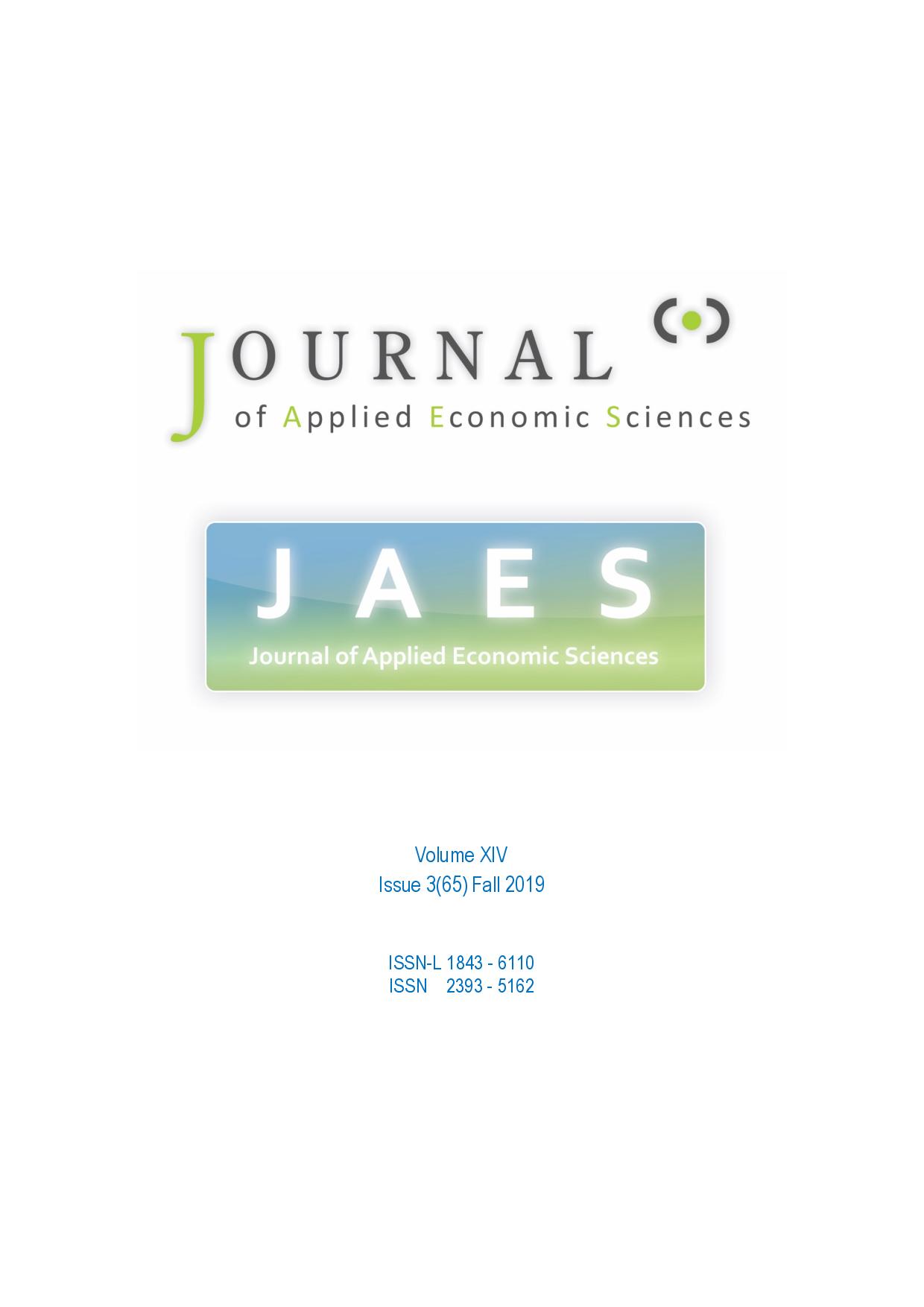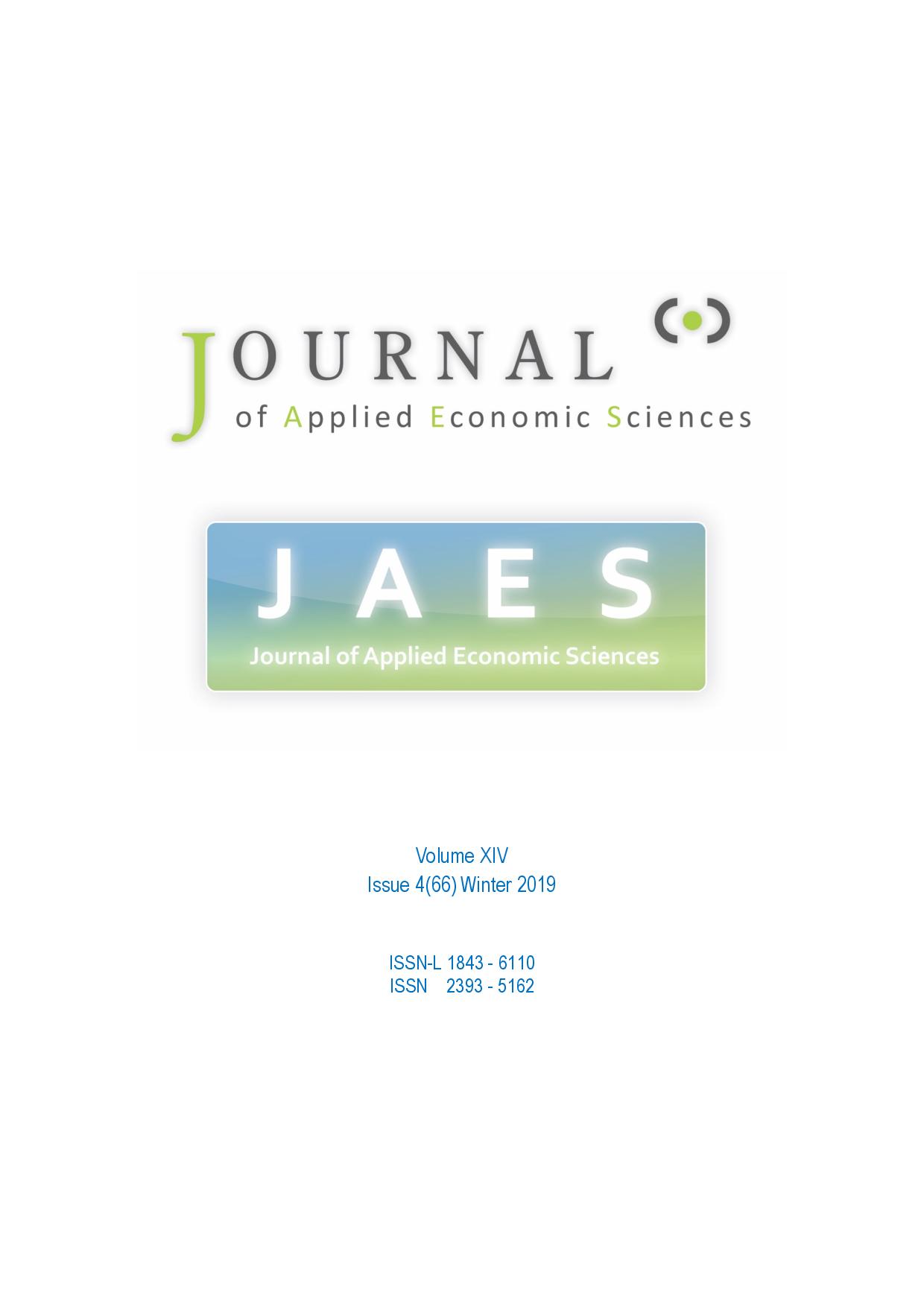
Analysis of the Impact of Regional Expenditure on Human Development: A Study of Jambi Province, Indonesia
The development of a region is not only focused on physical development, but human development is also an important factor for achieving prosperity, because humans are agents who become economic actors. Regions in Indonesia have limitations in carrying out human development which in turn is a human development index that is relatively low. This study aims to analyze regional expenditure and population growth towards human development. The study was conducted at the regency/municipal governments in Jambi Province, namely 9 Regencies and 2 Cities. This type of research is explorative. The type of data analyzed is panel data. The variable of this research is human development as a dependent variable. Regional expenditure and population growth are independent variables. The data analysis technique to test the hypothesis is panel data regression.Research findings prove that: 1) Regional expenditure has a significant effect on human development, 2) Population growth has a significant effect on human development. This study uses a quantitative method to analyze population growth variables towards human development which is still rarely done from previous research.
More...
